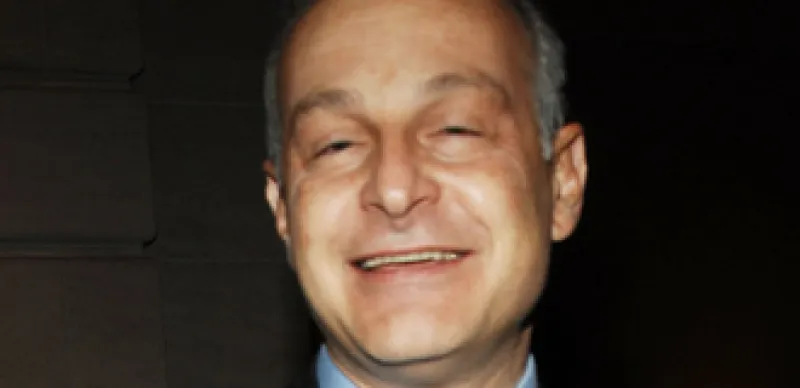
Paolo Pellegrini's U.S. Dollar, Housing Market Predictions
Paolo Pellegrini, the former analyst with $27.2 billion New York-based hedge fund Paulson & Co, remains one of the interesting, lesser known figures of the credit crisis. His PSQR Master Fund, which runs a macro strategy, remains bearish on the U.S. dollar and housing market.
Imogen Rose-Smith
December 7, 2009


